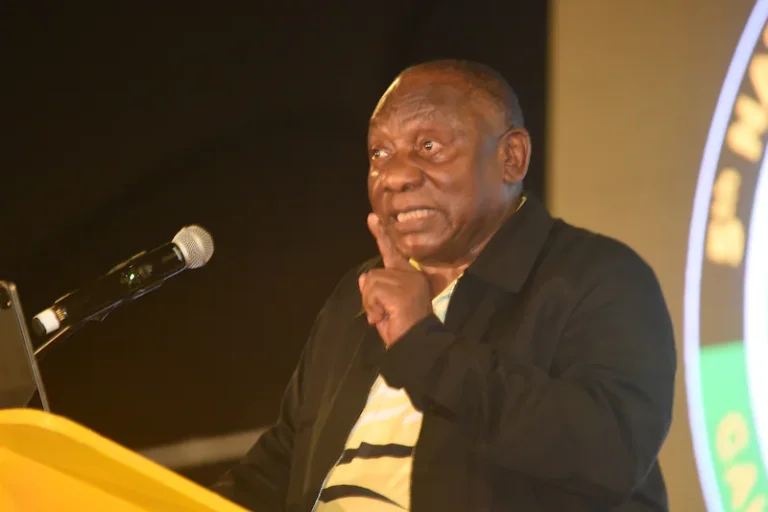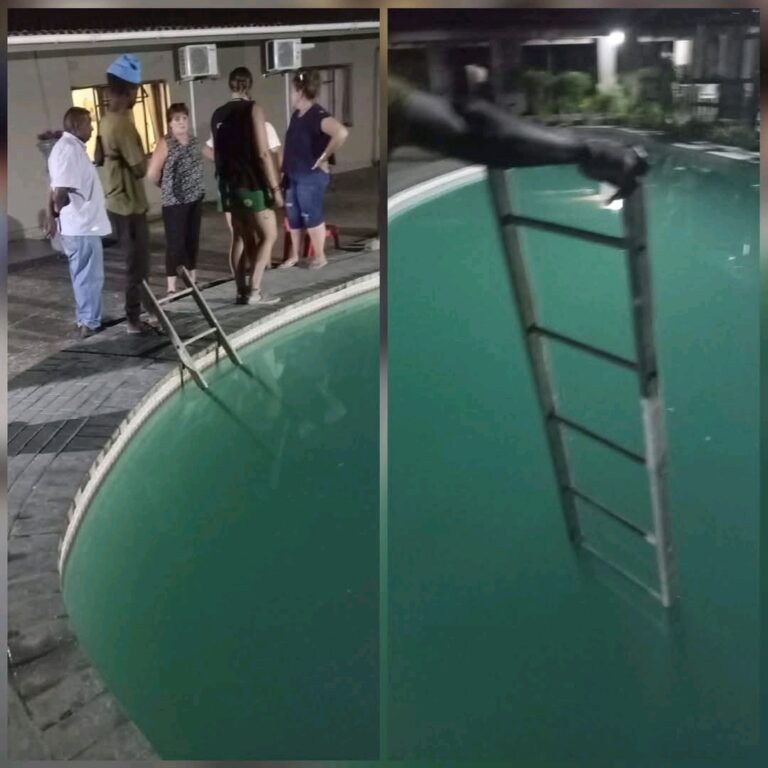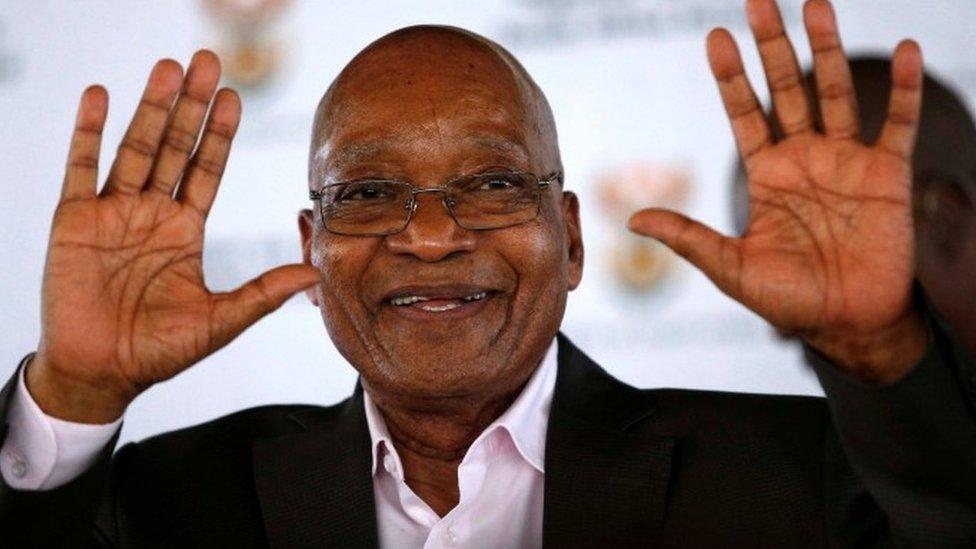
A fresh wave of political uncertainty has swept across South Africa following renewed speculation that former president and current Umkhonto weSizwe (MK) Party leader, Jacob Zuma, could make a dramatic return to the country’s highest office—*but only if President Cyril Ramaphosa resigns*. This scenario, according to political analysts, is not impossible, especially given the intensifying factional battles within the African National Congress (ANC).
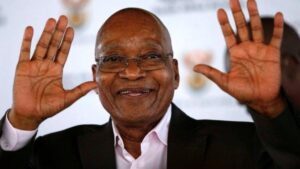
The speculation was reignited after President Cyril Ramaphosa’s closing remarks at the ANC National Executive Committee (NEC) meeting over the past weekend. In an unexpected admission, Ramaphosa acknowledged that certain factions within the NEC were actively pushing for his resignation. He added that he was prepared to step down “at any time” — provided a date was formally set. This statement has fueled both internal and public discussions about what such a resignation would mean for the ruling party and for the nation.
According to political insiders, should Ramaphosa resign, the balance of power within the ANC could shift dramatically. Analysts argue that factions aligned with far-left and radical political ideologies — particularly those connected to Ace Magashule and Jacob Zuma — could seize control of the party’s future direction. These factions have long opposed Ramaphosa’s leadership and have openly criticized the current administration’s approach to governance, the economy and alliances with centrist parties.
Sources within the ANC claim that the upcoming National General Council (NGC), scheduled for December at Narec, could become the decisive moment. The NGC, a powerful policy-review structure, has the authority to recall a sitting president if a majority pushes for it. Several NEC members are reportedly mobilising ahead of this meeting, making Ramaphosa’s political future increasingly uncertain.
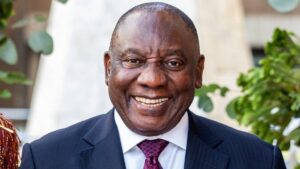
Should the anti-Ramaphosa faction succeed in removing him, one possible outcome would be the return of Jacob Zuma as a candidate for president under a reconfigured ANC leadership arrangement. While Zuma currently leads the MK Party — which split from the ANC — analysts suggest that desperate political alliances or a negotiated unity deal could open the door for his return. In fact, Zuma’s allies have long advocated for the ANC to form a Government of National Unity (GNU) that would exclude the Democratic Alliance (DA) and instead align with “progressive” or far-left political parties.
However, Zuma is not the only name being discussed. Several insiders say that Gauteng Premier Panyaza Lesufi is also being quietly positioned as a possible successor. Lesufi, who has become increasingly prominent in national politics, enjoys support among younger ANC structures. There are also whispers in political circles suggesting that EFF leader Julius Malema could one day succeed Lesufi as Gauteng Premier in a future alliance arrangement — an idea that has sparked intense public debate.
The potential leadership changes come at a time when South Africa faces profound economic strain, governance challenges, and increasing pressure for political stability. Ramaphosa’s resignation — should it occur — could plunge the country into a new period of uncertainty but may also reconfigure alliances, reshape national politics and shift the ideological direction of the ruling party.
For now, all eyes are on the ANC’s December NGC, where the future leadership of South Africa could be dramatically redefined.


